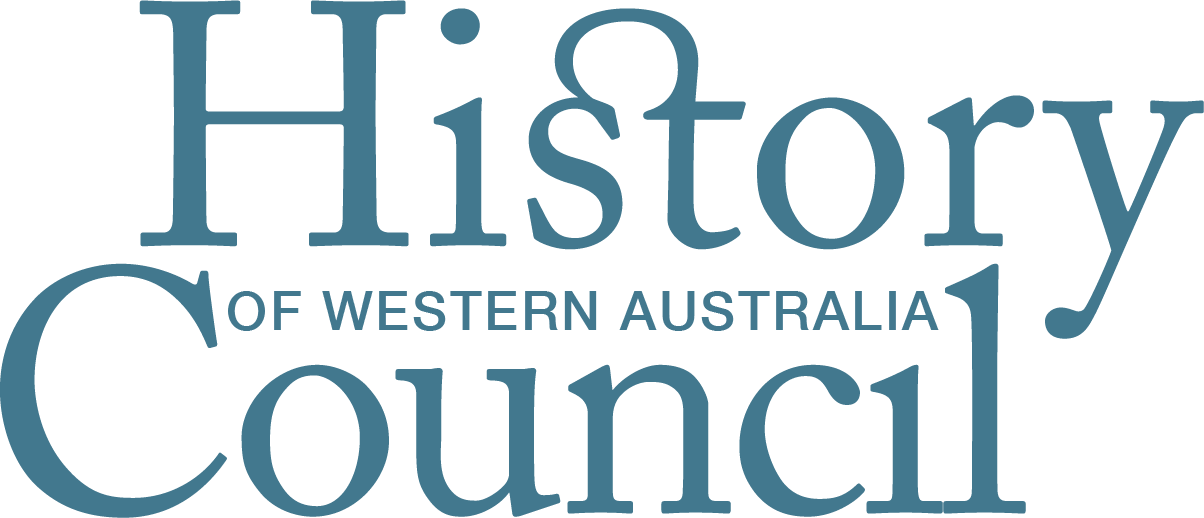The Experience of Writing a Doctorate in History Today: Sarah Fulford’s Story
When I tell people that I research history the response I often receive is “oh I love history” and then the conversation either focuses on the history the person has studied or very quickly moves away to another topic of conversation. For many people I speak to, history is something that you love, but simply do not have any time within your life to focus on. Yet, recent events in our lives continue to highlight to me just how important history is and if there was further understanding of the implications of history and historical events, how current political issues may be avoided. In my own interpretation of this, perhaps, I am therefore one of the lucky ones who gets to spend time focusing on history.
My Higher Degree by Research study commenced through a chance conversation with a Professor of Paediatric Nursing at Curtin University when I was chatting with her about the changing concept of ‘mateship’ in Australia. She said, “…you know what would be really interesting, focusing on that sort of camaraderie and mateship in Australian nurses in warfare”. And from that one sentence, my research commenced.
My PhD is focused on the experiences of Australian nurses who served in the Vietnam War, this follows on from my previous research which focused on a group of Australian women who served during World War Two and subsequently became Prisoners of War to the Japanese. Historically, the story of women in Australian warfare has been marginalised within the parameters of the patriarchy and as such, my choice to focus on women in warfare is not always well received. One very striking comment I received (ironically from a nurse) when explaining my research was: “why would you waste your time on that?” To which I retorted, “why not?”
Throughout Australian military history, much of the focus has been on men and their heroic deeds. What is captured in our military history is the story of Australia finding its nationhood during battles on foreign shores. Yet, throughout every military conflict, from the Boer War in 1899 to the military battles after Federation in 1901, Australian nurses have accompanied ‘the boys’ to war. Yet, their contribution is often marginalised. Indeed, the nurses own understanding of their contribution is often sidelined by the women themselves, they were there to do their duty, nothing more.
For me there have been practical difficulties in undertaking my PhD studies. Full-time work, raising children, and a subsequent lack of time to spend researching. There is always one more question to answer from the children, always one more dish to wash, always one more load of washing to do. There are academic challenges incorporated in the study as well. While incredibly important, negotiating ethics applications for a humanities PhD can be tedious and time consuming. Yet, this is all balanced out with the excitement of uncovering new research, of discovering a new theme to the study or meeting an ex-serviceperson who is excited to talk to you and discuss their own experience.
Sarah Fulford
Sarah Fulford is a PhD Candidate at Curtin University. Sarah’s working title for her PhD is: “The Camaraderie of the Australian Nurses in the Vietnam War”. Sarah is seeking oral history interviews from Australian women nurses who served in Vietnam as part of her PhD study. Anyone who would like to contact Sarah about her research can email her at s.fulford@curtin.edu.au

